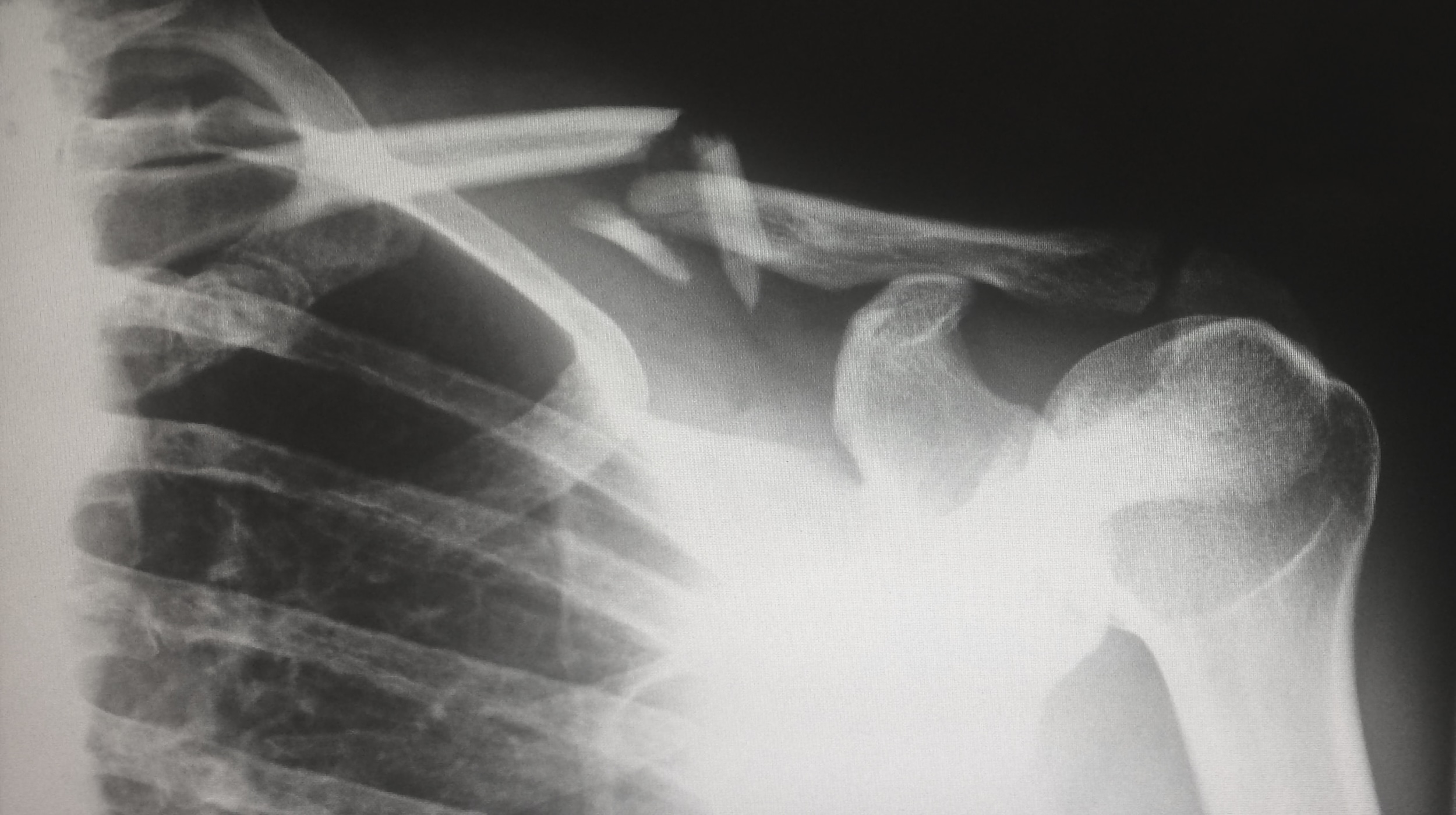Fractures are one of the most common and distressing health concerns for seniors, posing significant challenges to their overall well-being. As bones naturally lose density with age, the risk of falls, accidents, and fractures increases, making prevention a critical aspect of senior care.
One of the roles of caregivers is to ensure the safety and well-being of seniors, which are top priorities. Among the myriad health concerns that seniors face, the risk of fractures poses a significant challenge.
In this article, we disclose strategies that caregivers can implement to create a protective environment, reduce the likelihood of fractures, and foster a safer, more secure lifestyle for the elderly.
What You Should Know Before Knowing How To Make Seniors Stay Fracture-Free
Seniors are open to many vulnerabilities courtesy of age. Having a proper understanding of what they are facing will give you a heads-up on what to expect and how to go about it. Now here is what you need to know:
1. Bone Health
Aging is often accompanied by a decline in bone density and strength. Osteoporosis, a condition characterized by weakened bones, is prevalent among seniors, making them more susceptible to fractures, especially in the hips, spine, and wrists.
Other common bone problems seniors face are Muscular Dystrophy, Muscular Atrophy, and Huntington’s Disease.
2. Muscle Weakness and Balance Issues
Another common bone problem seniors face is weakness and balance issues. Muscle weakness and impaired balance increase the likelihood of falls, which can result in fractures.
As seniors may experience diminished strength and coordination, addressing these factors is crucial for fracture prevention.
3. Medication Side Effects
Some medications, commonly prescribed to seniors, may have side effects that affect bone health and increase the risk of falls. Caregivers need to be aware of these potential side effects and communicate with healthcare providers.
Also, when your patients take these medications, ensure they stay down until the effect wears off. This can help them stay fracture-free.
How To Make Seniors Stay Fracture-Free
1. Prevent Falls
Falling is one of the most common causes of fractures in seniors. One out of every five falls causes an injury, such as broken bones or a head injury. Each year, at least 300,000 older people are hospitalized for hip fractures, according to the Center for Disease Control.
American Academy of Family Physicians in a study that fractures account for 75 percent of serious injuries, with hip fractures occurring in 1 to 2 percent of falls.
Preventing falls is one way to help seniors stay fracture-free. Here is how to do that
- Conduct a thorough assessment of the home environment to identify potential hazards.
- Remove tripping hazards such as loose rugs, clutter, and electrical cords.
- Install grab bars in bathrooms and ensure adequate lighting throughout the house.
- Encourage seniors to wear comfortable, supportive footwear with non-slip soles to reduce the risk of slips and falls.
- Engage seniors in regular exercise programs that focus on strength, balance, and flexibility. Activities like tai chi, yoga, and strength training can enhance muscle tone and improve overall stability.
- Regular eye and ear check-ups are essential for maintaining sensory perception. Poor vision or hearing impairment can contribute to falls, so addressing these issues promptly is crucial.
See more fall prevention techniques in our guide 15 Strategies for Fall Prevention in Caregiving: Stepping Safety
2. Ensure Good Nutrition
Good nutrition plays a long game when thinking of how to make seniors stay fracture-free. The food they eat helps them stay healthy and alert. Here are some recommendations:
- Ensure seniors receive an adequate amount of calcium and vitamin D in their diet or through supplements. These nutrients are vital for maintaining bone density and preventing osteoporosis.
- Encourage protein intake, as it plays a crucial role in muscle maintenance and repair. A diet rich in lean proteins can help seniors maintain muscle strength and reduce the risk of fractures.
- Encourage seniors to drink an adequate amount of water to support their bones and prevent dehydration-related complications. Proper hydration is essential for overall health, including bone health.
3. Properly Manage Their Medication
Medication can help, but only the ones recommended by their healthcare provider. If our senior is taking medication for alertness, here is what you can do:
- Work closely with healthcare providers to review medications regularly.
- In some cases, healthcare providers may prescribe medications specifically designed to reduce the risk of falls. These medications can help improve balance and coordination. Use it as prescribed.
4. Encourage regular health check-ups
Age comes with a lot of health complications that can only be spotted and managed if a regular hospital check-up is done. Ensure seniors engage in:
- Bone density testing. Schedule bone density testing, especially for postmenopausal women and those with a family history of osteoporosis. Early detection of bone density issues allows for proactive measures to prevent fractures.
- Comprehensive health assessments. Regular health check-ups should include a thorough assessment of overall health, including bone health, muscle strength, and balance. This allows caregivers to address potential issues before they become critical.
Conclusion
As caregivers, our commitment to seniors extends beyond daily tasks to ensuring their safety and well-being. By adopting a multifaceted approach, caregivers can significantly reduce the risk of fractures in the seniors they care for.
The goal is to create an environment that promotes strength, stability, and overall health, allowing seniors to age gracefully and fracture-free.
With knowledge, vigilance, and a proactive mindset, caregivers can play a pivotal role in fostering a safe and supportive atmosphere for the seniors under their care, providing them the opportunity to enjoy their golden years with confidence and independence.
We hope you find this guide helpful.
If you are in Indiana and looking for how to access quality care services and personalized client care plans, visit Good Hands Home Care Agency, where care is offered with professionalism and efficiency.

